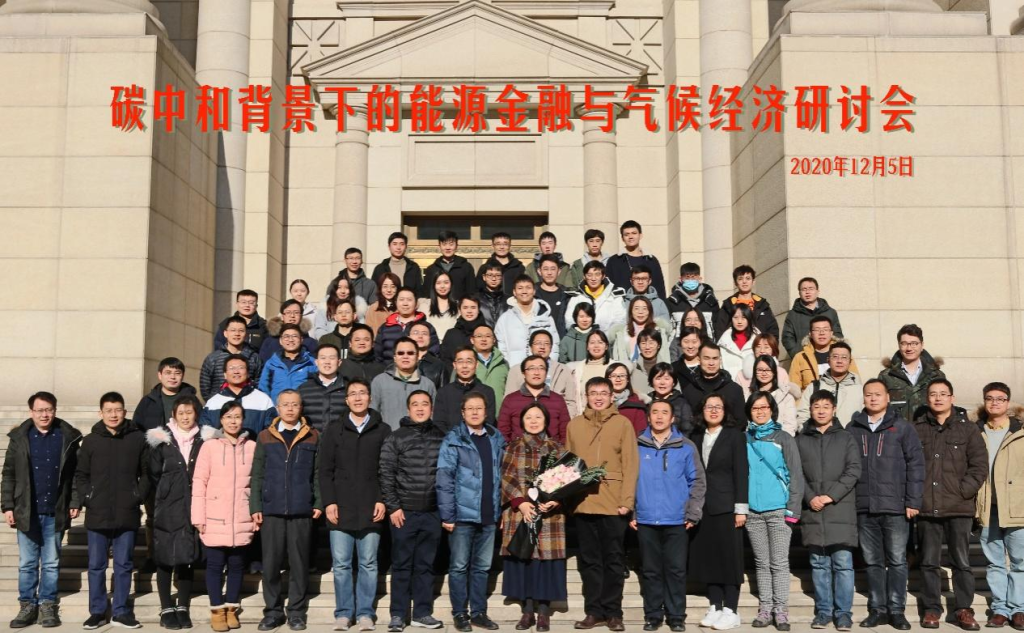On 22 September 2020, China pledged at the UN General Assembly to strive for carbon neutrality by 2060. The proposal of this carbon neutral target will have a profound impact on China’s socio-economic development, energy transition and environmental governance. It will also prompt researchers and stakeholders to revisit the various issues related to energy investment and risk management in the context of climate change. Financial innovation plays an increasingly important role in energy and climate governance. Academic research is urgently needed to aid the improvement of both investing and financing mechanisms for energy and climate related projects and the advancement of the energy and industrial systems to maintain their adaptability to low-carbon development, so as to eventually promote sustainable social and economic development.
Against this backdrop, the symposium on “Energy finance and climate economics in the context of carbon neutrality” was held from 4 to 5 December 2020 in Beijing, China. The Symposium was co-organized by the Institutes of Science and Development of Chinese Academy of Sciences and the School of Economics and Management of the University of Chinese Academy of Sciences. The main themes of the Symposium include climate risk governance and green finance innovation under the goal of achieving carbon neutrality. Through in-depth discussions, the Symposium seeks to provide policy suggestions to aid the formulation of relevant national policies and corporate green innovation.
During the Symposium, more than 70 participants discussed the frontier issues of China in the field of energy and environment. These include experts and scholars from the Chinese Academy of Sciences, Beihang University, Tianjin University, Wuhan University, the National Development and Reform Commission of China, the Development Research Center of the State Council, the State Grid Energy Research Institute, and the China Academy of Transportation Sciences, and several other universities, research institutes, governance divisions and enterprises.

